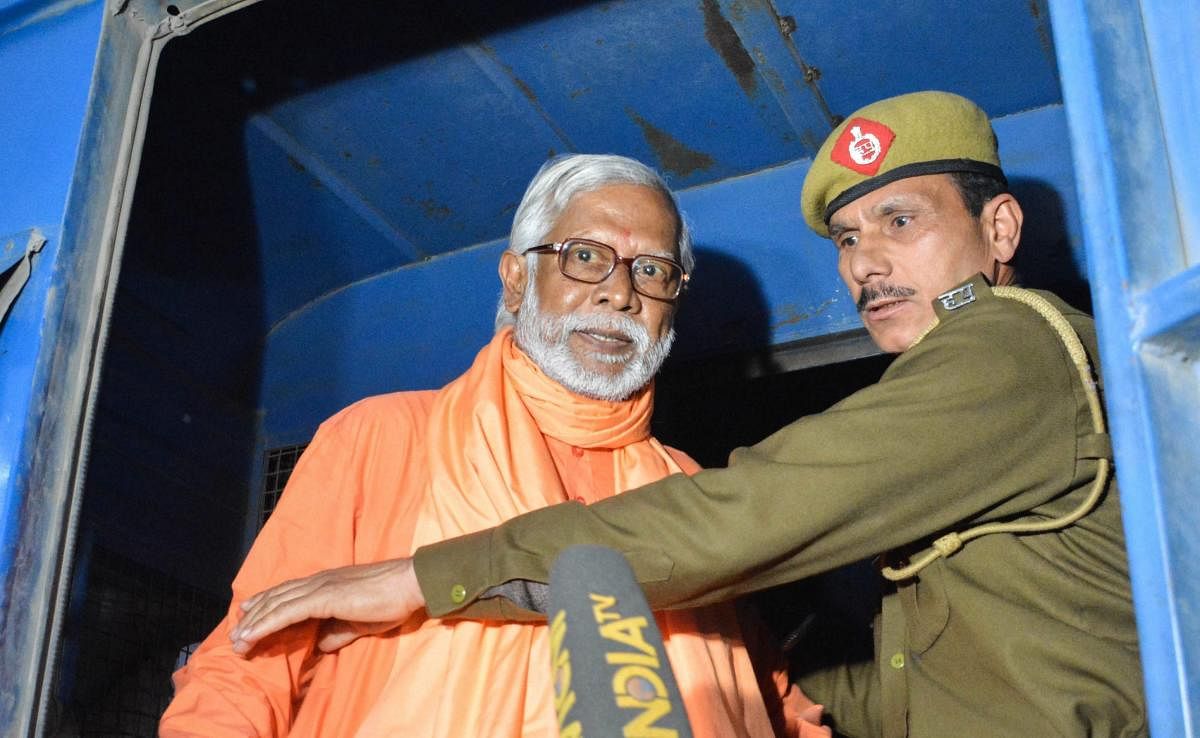
The acquittal of Swami Aseemanand and three others in the Samjhauta Express blast case of 2007 follows a recent pattern of acquittal by courts of those belonging to extremist Hindu groups accused of terrorism. Aseemanand and others were freed of all charges by a National Investigation Agency (NIA) court in Panchkula in Haryana on Wednesday with the comment that the prosecution was not able to prove the charges against them. The blast had killed 68 people, including Pakistanis and Indians. The judgement raises serious questions about investigation and prosecution of terrorism-related cases and would be considered as a denial and mockery of justice in one of the most important of such cases. Of the eight accused in the case, one was killed soon after the blast, three are absconding and the other four have now been acquitted.
Aseemanand had figured as an accused in other cases from 2007 relating to the blasts in Hyderabad’s Mecca Masjid and the dargah in Ajmer. There were casualties in both. He has now been acquitted in all cases. He had given a confessional statement to a magistrate in 2010 about a detailed plan to stage attacks in revenge against attacks on targets like the Akshardham temple, and how it was executed. The statement was later retracted. The Samjhauta case was first investigated by Haryana police and later by the NIA. There was a clear change in the NIA’s handling of the case after the NDA government came to power in 2014. It did not seem to be keen to pursue the case to conviction. Some important witnesses turned hostile and the prosecution failed to establish its case.
This has happened in other cases also where the so-called saffron terror was involved. A public prosecutor in the 2008 Malegaon blast case resigned in 2015 alleging that there was pressure from the NIA on her to “go soft’’ in the case. The NIA’s handling of such cases and their outcomes confirm the charge. The agency could only have acted on a political directive. That amounts to shielding or turning a blind eye to one brand of terror, though terror has no religion and should not be judged on that basis. The failure to bring the perpetrators of terror in this and other cases to book casts doubts on the credibility of the investigative agency and the commitment of the Indian State to fairness and justice. That does not send out a good message about our system of justice. India should show that it is different from Pakistan, which has till now failed to take action against the perpetrators of the 2008 Mumbai terror attack.